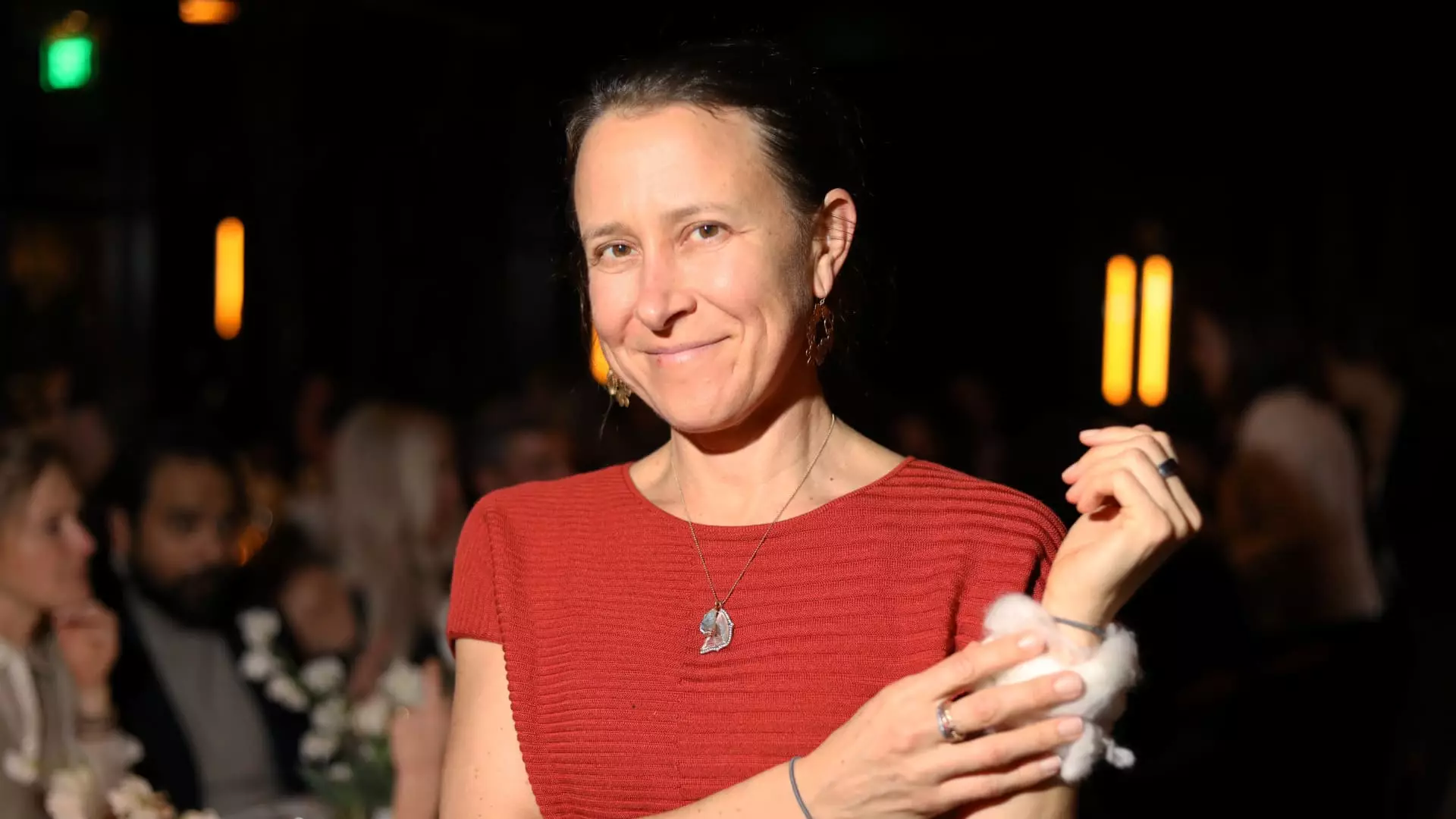23andMe, a household name in consumer genetic testing, is facing a fraught moment as it contemplates a significant shift from public to private ownership. The recent proposal put forth by CEO Anne Wojcicki in collaboration with New Mountain Capital seeks not only to stabilize the company but to navigate through a year wherein its stock plummeted by over 80%. The company’s stock, which closed at $2.42 per share, offers a market capitalization barely scraping $65 million. The $2.53 per share offer on the table is positioned as a lifeline, designed to create immediate liquidity for shareholders who may be uncertain about the company’s tumultuous future.
A New Direction with a Special Committee
The strategic move towards privatization reflects a necessary pivot, particularly given the lack of confidence demonstrated in the stock market. The notion of taking 23andMe private is accompanied by the formation of a special committee made up of independent directors. This committee is tasked with the critical responsibility of assessing the proposals surrounding the company’s future, a process that has gained urgency after the resignation of all previous directors, raising questions about governance and accountability. The presence of qualified independent directors indicates an effort to establish a more robust strategic direction that could potentially save 23andMe from further decline.
Wojcicki and Matthew Holt of New Mountain Capital argue that their proposal presents substantial value and immediate liquidity to current stockholders, a sentiment expressed in their correspondence to the special committee. However, this isn’t the first attempt at a buyout. A prior proposal from Wojcicki to take the company private at 40 cents per share was rejected, highlighting concerns about the proposed financing’s integrity and the lack of a premium at that time. This indicates the complexities and challenges inherent in striking a balance between securing a viable financing option and providing a fair value to shareholders.
In a world increasingly driven by data and consumer choice, 23andMe needs to identify a sustainable path that revitalizes its market position while reaffirming its commitment to innovation in genetic testing. The backing of New Mountain Capital, which boasts an impressive $55 billion in assets under management, signals the possibility of substantial resources being infused into 23andMe’s operations and growth trajectory. This strategic partnership could provide the means to navigate the complex landscape of genetic testing while refining its offerings to better meet consumer demands.
Ultimately, the decision to take 23andMe private represents a crucial juncture for the company. As the special committee evaluates the proposal, numerous questions loom: Can Wojcicki and New Mountain Capital reinvigorate a once-promising venture? Will shareholders find the offered price compelling enough in comparison to the inherent risks of remaining public? The answers to these questions will not only affect the future of 23andMe but could serve as a case study in the importance of strategic leadership and effective governance in today’s volatile market.

